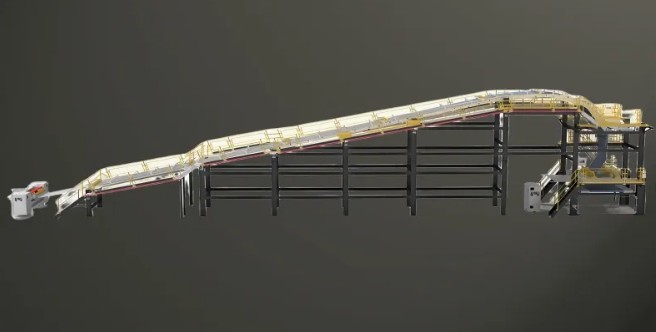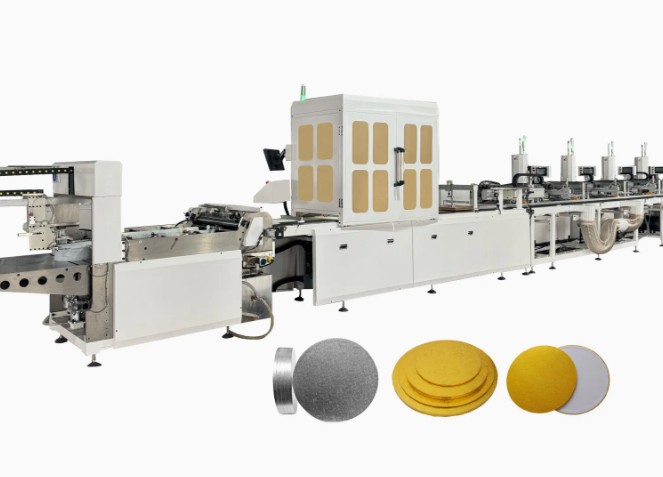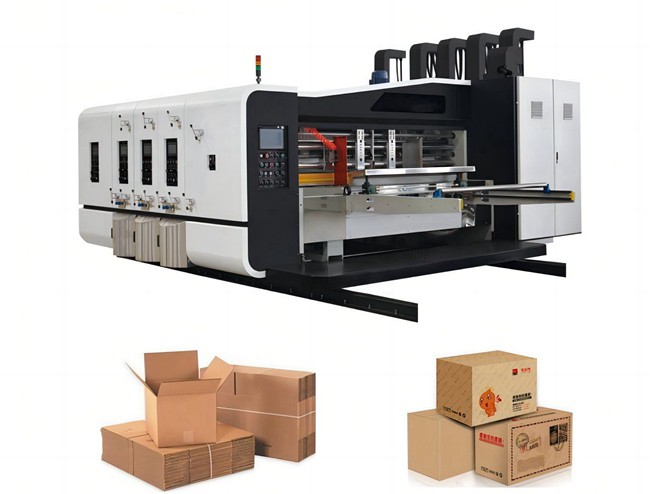The Ultimate Guide to Paperboard Machines: Revolutionizing the Packaging Industry
Product description
In today’s fast-paced manufacturing world, paperboard machines play a pivotal role in the production of high-quality and durable packaging materials. These machines are specifically designed to convert raw materials into paperboard, which is then used to create boxes, cartons, and other packaging solutions. This process is integral to numerous industries, including food and beverage, electronics, pharmaceuticals and more.
What Are Paperboard Machines?
Paperboard machines, also known as cartonboard machines, are large-scale industrial machines that process raw pulp into paperboard. They are designed to produce a variety of paperboard products ranging from simple corrugated board to high-quality coated sheets, depending on the needs of the end-user. The primary function of these machines is to turn cellulose fibers such as wood pulp into thick, sturdy, and versatile boards suitable for packaging.
These machines generally consist of several interconnected sections, including a headbox for forming the paper layer, a press section for compacting the material, and a drying section to remove excess moisture. In modern machines, there are also coating stations that apply finishes to the paperboard, enhancing its appearance and functionality.
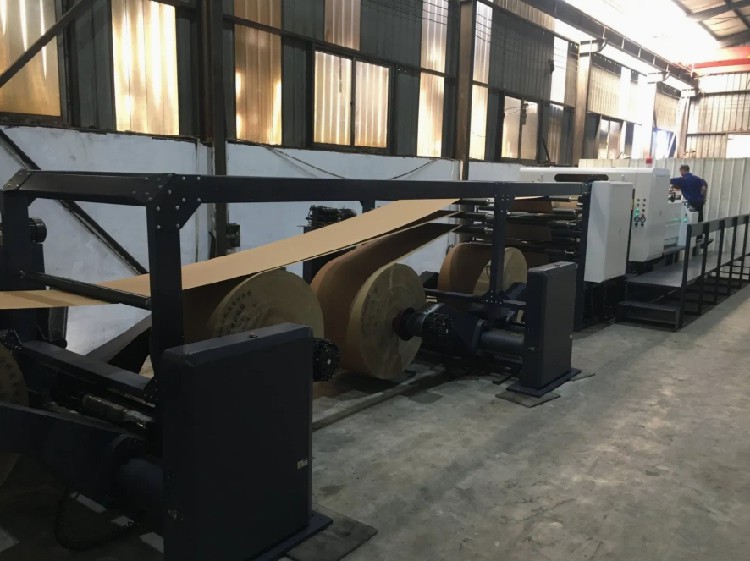
Key Features of Paperboard Machines
1. Efficiency and Speed: Modern paperboard machines are designed to handle high production volumes. With the ability to produce large quantities of paperboard in a relatively short amount of time, these machines offer manufacturers the ability to meet demand efficiently and cost-effectively.
2. Precision and Consistency: Paperboard machines offer exceptional precision, ensuring that each sheet of paperboard produced meets strict quality standards. The uniformity in thickness, density, and surface smoothness ensures that the final product is reliable and durable, making it perfect for packaging that requires strength and durability.
3. Customization Capabilities: Many machines are highly adaptable, allowing manufacturers to customize the size, thickness, and finish of the paperboard depending on specific requirements. This makes paperboard machines an ideal choice for industries that require diverse packaging solutions.
4. Environmentally Friendly Production: As sustainability becomes more important in the modern business landscape, paperboard machines are increasingly designed to use recycled materials in their production process. This reduces waste and minimizes the environmental impact of manufacturing paperboard, contributing to greener and more sustainable packaging solutions.
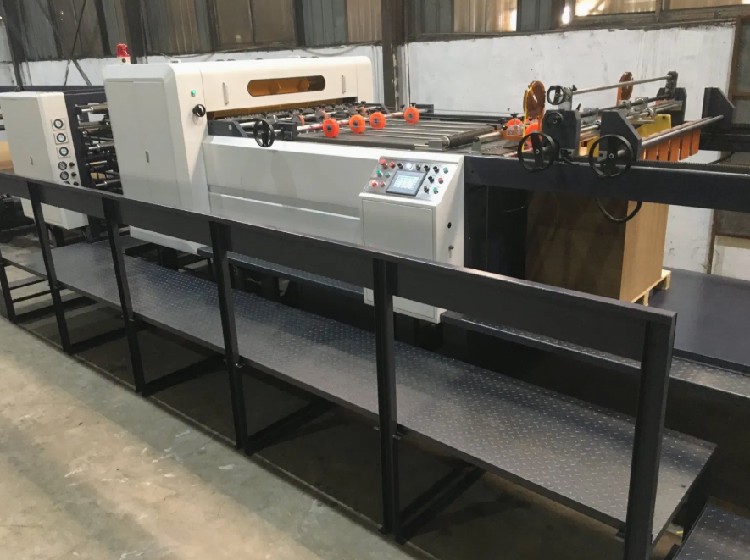
Advantages of Paperboard Machines
The benefits of paperboard machines extend beyond their production capabilities, directly contributing to the success of the industries that rely on them.
1. Cost-Effectiveness: By automating the paperboard production process, manufacturers can reduce labor costs while improving output. The high efficiency of these machines ensures that less raw material is wasted, making the production process more cost-effective.
2. Versatility: Paperboard machines produce materials that are highly versatile and can be used across a range of applications. Whether it’s food packaging, consumer electronics, or medical packaging, paperboard is an ideal material due to its strength, flexibility, and recyclability.
3. Customization for Specific Needs: Manufacturers can tailor the properties of the paperboard to suit particular industries or uses. For example, food packaging often requires a moisture-resistant coating, while electronics may require anti-static properties. With a paperboard machine, these specific needs can be easily met.
4. Durability and Protection: Paperboard produced by these machines provides excellent protection for products. With its ability to withstand pressure, impacts, and moisture, paperboard is an ideal material for packaging fragile items, electronics, and heavy-duty products that require secure containment.
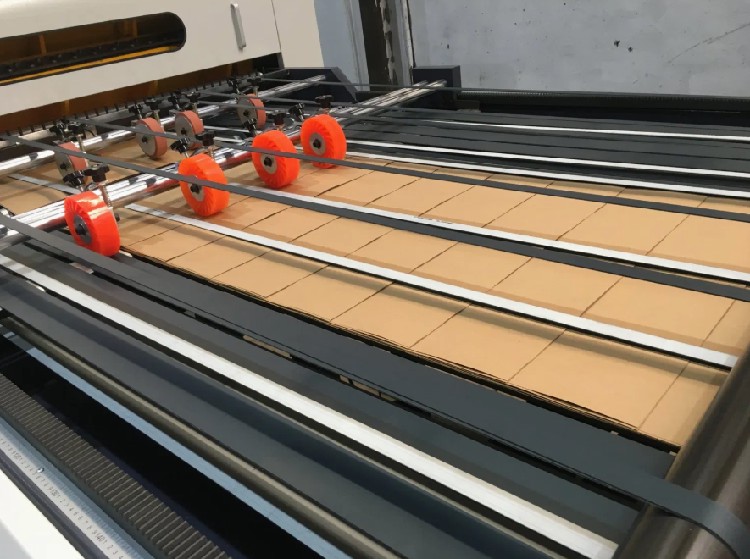
Applications of Paperboard Machines
The applications of paperboard machines are vast and varied. They are indispensable in industries where high-quality packaging is essential. Some of the most common uses include:
1. Retail Packaging: Paperboard is often used for creating sturdy, attractive packaging for retail products such as product boxes, display cartons, and point-of-purchase displays.
2. Food and Beverage: The food industry relies heavily on paperboard for packaging products like cereals, snack foods, and beverages. The material’s ability to be treated for moisture resistance makes it an ideal choice for protecting food items.
3. Pharmaceuticals and Cosmetics: Paperboard provides a safe and hygienic option for packaging pharmaceutical products, vitamins, and cosmetics. Its ability to be printed with labels or branding further makes it a popular choice for packaging in these industries.
4. Electronics and Heavy-Duty Products: For packaging fragile and valuable products such as electronics, paperboard offers protection against shock and vibration during transportation and handling.
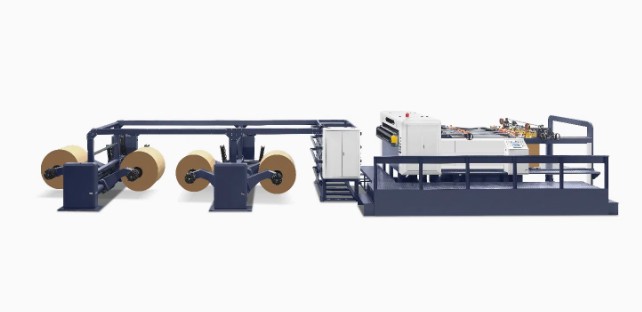
Conclusion
Paperboard machines are integral to the modern manufacturing and packaging industries. With their ability to produce high-quality, customizable, and environmentally friendly packaging materials, these machines provide a solution that benefits both manufacturers and consumers. By offering efficiency, precision, and versatility, paperboard machines are helping to drive the future of packaging solutions, ensuring that businesses can meet demand while adhering to sustainable practices. Whether for retail, food, pharmaceuticals, or electronics, paperboard remains one of the most reliable and cost-effective materials for packaging needs.
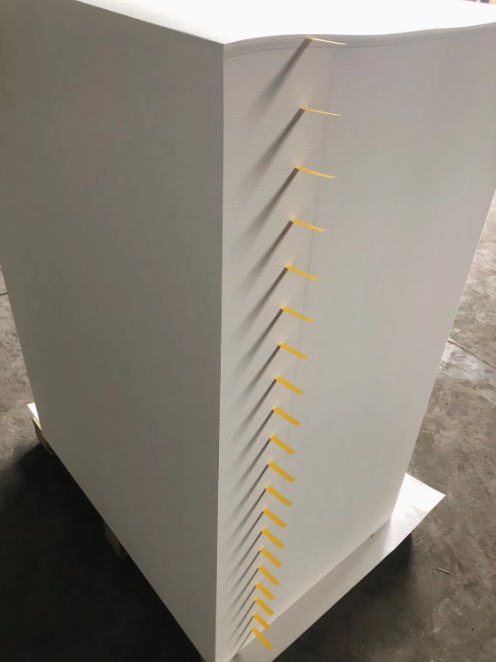
Recommended products
